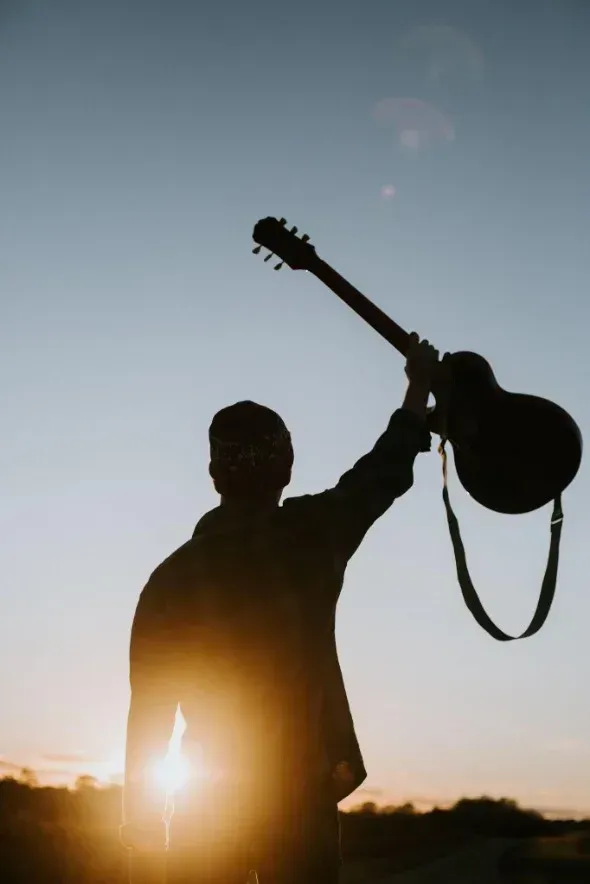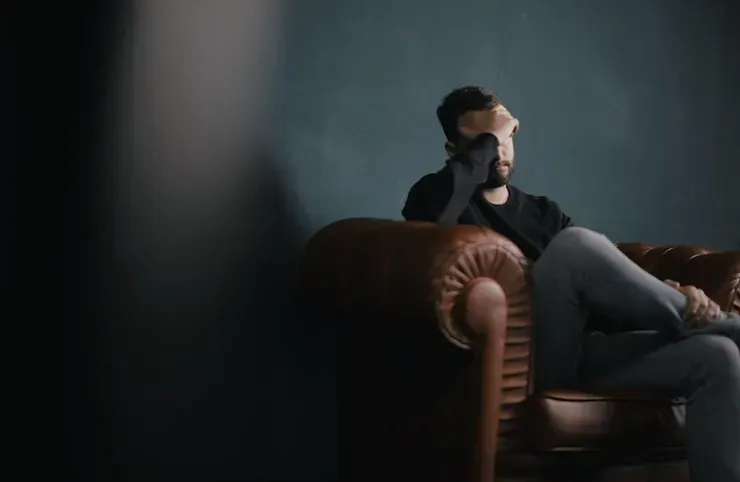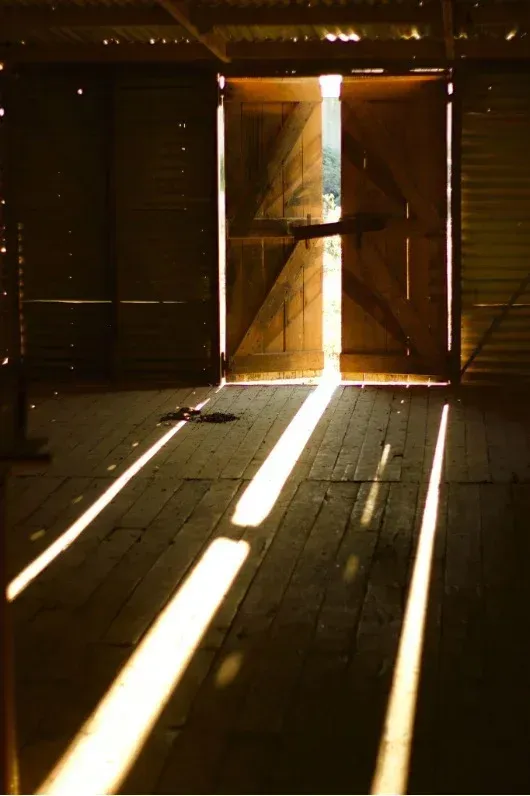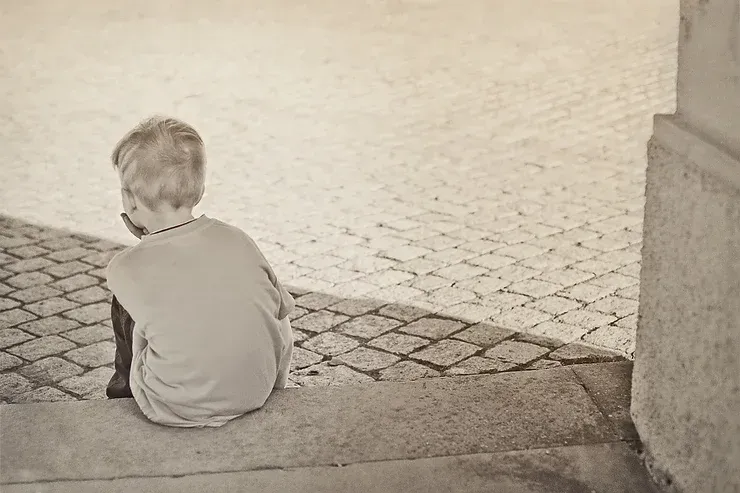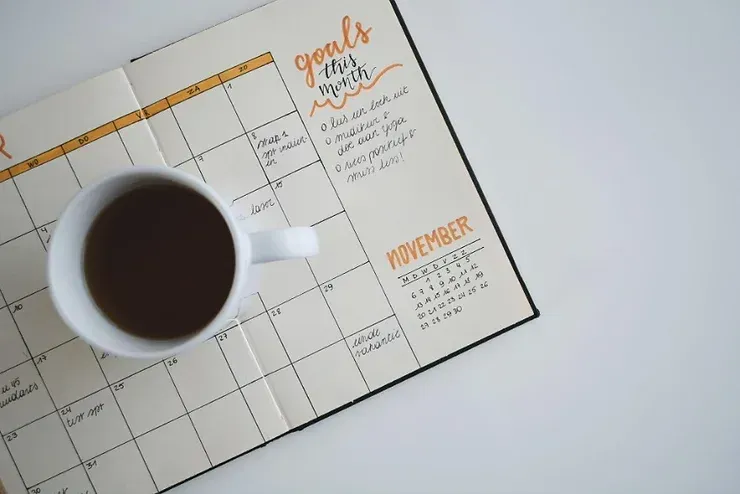How to Eliminate Blame from Our Lives
How to Eliminate Blame from Our Lives
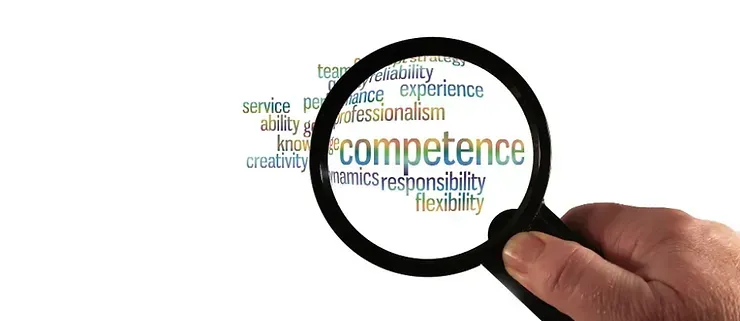
Image by
Gerd Altmann from
Pixabay
The superior man blames himself. The inferior man blames others. ~ Don Shula
For many of us, when things go wrong in our lives, we look around to find someone to blame. I know I’ve done that plenty of times––in my relationships with friends and family and in my business. These were not my best moments.
Jack Canfield, the co-founder of Chicken Soup of the Soul and author of The Success Principles, says, “Most of us have been conditioned to blame something outside of ourselves for the parts of our life we don’t like. We blame our parents, our bosses, our friends, our co-workers, our clients, our spouse, the weather, the economy, our astrological chart, our lack of money—anyone or anything we can pin the blame on. We never want to look at where the real problem is—ourselves.”
When we look to others to hold our failures, we miss the opportunity to make changes––to really take the reins of our own lives and create a life worth living––our own. We are wedded to our victimhood. And when we’re victims, we perpetuate our unhappiness.
“The victim mindset dilutes the human potential. By not accepting personal responsibility for our circumstances, we greatly reduce our power to change them,” says Steve Maraboli, author of Unapologetically You: Reflections on Life and the Human Experience.
While at first, it might be difficult to accept 100% responsibility for your own life––the triumphs and the failures, it is the only way to truly live the life you are meant to live––your own.
Now’s the time to take stock of the situations and circumstances where you are clinging to the role of victim.
● Is it your partner’s fault that you are not happy in your relationship?
● Were you passed over for a promotion because of your boss?
● Did you have an accident because the person in front of you stopped abruptly?
● Was it really your recruiting process that hired the wrong person?
Once you’ve identified the areas in your life where you place the blame on others, take a deep breath and forgive yourself. As Canfield says, it’s the way we’ve been conditioned. But we can change our conditioning, and when we do that, we can change our lives.
Next, make amends to anyone you’ve harmed. Take responsibility for the harsh words, forgetting to acknowledge a birthday––whatever it is.
Then––and this is a big one––assess where you are not living to your potential. Be honest with yourself, as difficult as that might be. Write down the vision of what your life would look like if you were living to your highest potential. Then commit to making a change––no matter what it takes and no matter how long it takes––to live your life to its fullest.
As Donna Goddard Waldmeer says, “You can turn every ugly and damaging drama into a genuine blessing by seeing it differently. No one is suffering on purpose. We learn to give up the pleasure we feel in self-righteously blaming others. Healing happens when we see things differently. The question is: do you want suffering or peace? It's that simple.”



